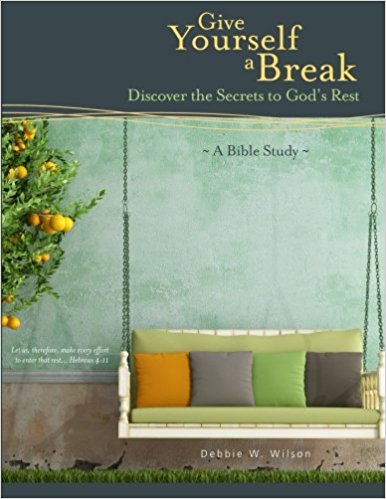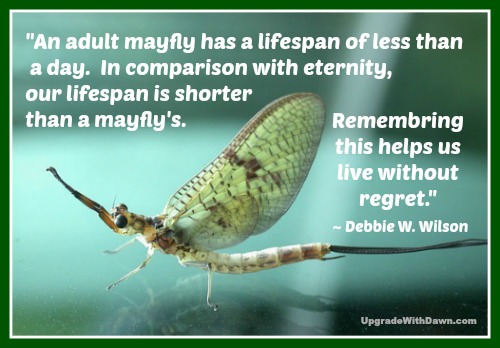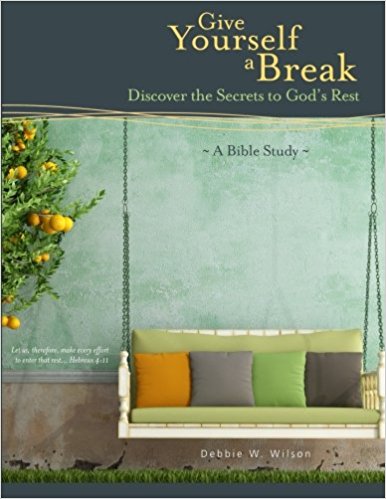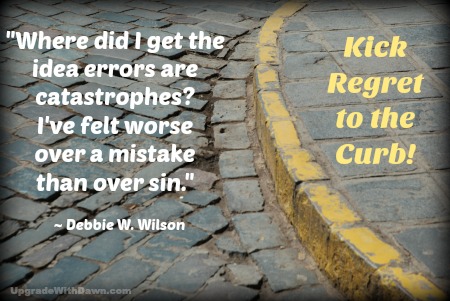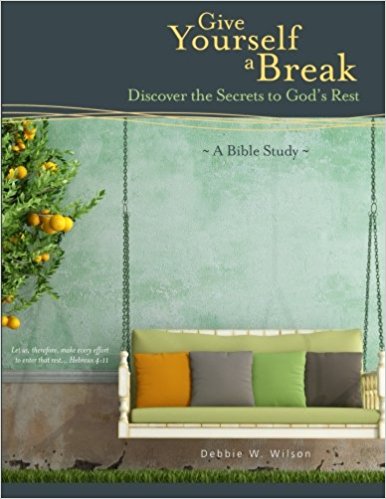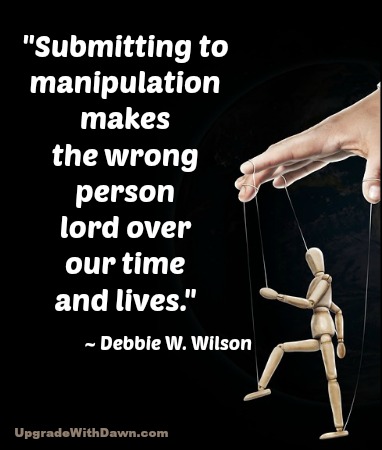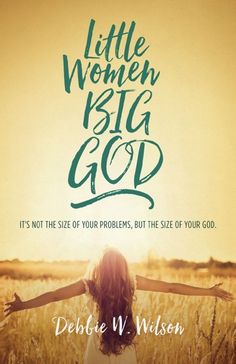What My Sick Dog Taught Me about Trust
Debbie W. Wilson is one of my heart sisters. We met on Facebook and we both desire to align our thoughts and behavior with the Word of God. But her Spiritual Life UPGRADE is especially dear to me, helping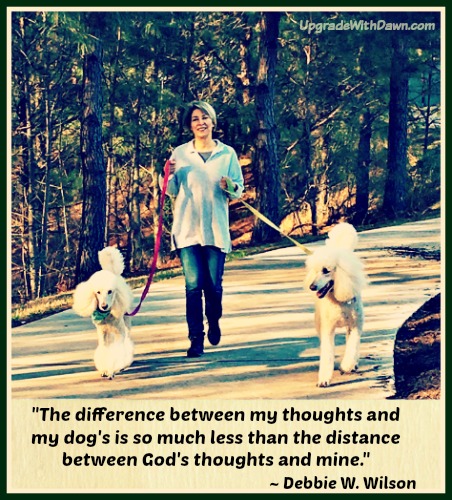 me to better receive God’s will at a difficult time in my own life.
me to better receive God’s will at a difficult time in my own life.
“I felt like a traitor luring my standard poodle into my vet’s lab room,” Debbie said.
I (Dawn) so understand that. We’ve done that with our maltipoo, Roscoe. But it was for his good! I love how Debbie expresses this simple-but-profound truth.
Debbie continues . . .
I did it to save his life. But Max didn’t know that.
Did he think I was heartless to let the vet draw blood from his thin leg—again?
For months after we learned Max has Addison’s disease, the vet had to draw his blood to check his electrolyte and hormone levels.
One week, Max refused to go with the technician. So instead of handing her the leash, I followed her—and he followed me.
Max’s trust in me made me consider the conditions I’ve put on fully trusting God in painful situations. I’ve thought if only I knew the purpose of my pain then I’d be able to trust God better.
But was that true?
Imagine me explaining Max’s condition to him.
- I could read him the symptoms off the Internet.
- I could show him his lab reports.
- I could remind him how he almost died.
But would that help Max have his blood drawn?
I understand the treatment of Max’s illness better than he does. I know the pain of the needle is brief and the benefits are lasting. How much more does God understand my trials?
Sometimes God allows me to see the benefit of my pain. But some 'whys' remain unanswered.
Isaiah 55:8-9 says,
“‘For my thoughts are not your thoughts, neither are your ways my ways,’ declares the Lord. ‘As the heavens are higher than the earth, so are my ways higher than your ways and my thoughts than your thoughts’” (NIV).
The difference between my thoughts and my dog’s is so much less than the distance between God’s thoughts and mine.
If Max can’t understand why I have his blood drawn, do I think I can understand why God takes me through pain and loss?
But God has not left me without assurance.
He has promised:
- “For momentary, light affliction is producing for us an eternal weight of glory far beyond all comparison” (2 Cor. 4:17 NIV).
- “For I consider that the sufferings of this present time are not worthy to be compared with the glory that is to be revealed to us” (Rom. 8:18 NIV).
- “Not only so, but we also glory in our sufferings, because we know that suffering produces perseverance; perseverance, character; and character, hope. And hope does not put us to shame, because God’s love has been poured out into our hearts through the Holy Spirit, who has been given to us” (Rom. 5:3-5 NIV).
Life on this planet is a vapor. But how we live here affects our eternity.
Pain, loss, and confusion are opportunities to trust our Master.
The hurt is real, but if He allows it then we know it is to benefit us.
As
God’s child I can’t shed a hair without God noticing.
When I see Max romp across the yard without a symptom of Addison’s, I thank God for blood tests and shots. I remember how sick he was without them.
He doesn’t understand the connection. He doesn’t need to. Max only needs to know that I take care of him.
What then shall we say to these things? If God is for us, who is against us?” (Romans 8:31 NASB)
What pain or disappointment has God allowed to touch you? What would trusting Him look like for you?
 Debbie W. Wilson aspires to connect people’s hearts to God and help them discover relevant faith. She is the author of Little Women, Big God and Give Yourself a Break. She and her husband Larry
Debbie W. Wilson aspires to connect people’s hearts to God and help them discover relevant faith. She is the author of Little Women, Big God and Give Yourself a Break. She and her husband Larry 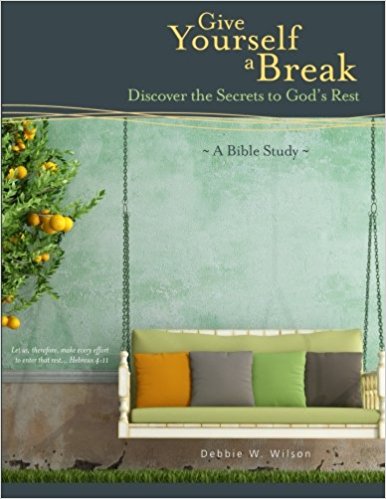 founded Lighthouse Ministries, a nonprofit counseling, coaching, and Bible teaching ministry. She enjoys exploring new places, reading a good mystery, and laughing with her two standard poodles. Share her journey to refreshing faith at debbieWwilson.com.
founded Lighthouse Ministries, a nonprofit counseling, coaching, and Bible teaching ministry. She enjoys exploring new places, reading a good mystery, and laughing with her two standard poodles. Share her journey to refreshing faith at debbieWwilson.com.
The photos with those two gorgeous poodles are from the author, Debbie.
 1 Comment → Posted on
1 Comment → Posted on  Thursday, March 14, 2019 at 9:44AM
Thursday, March 14, 2019 at 9:44AM  Debbie W. Wilson,
Debbie W. Wilson,  God Understands,
God Understands,  God is for us,
God is for us,  God's thoughts,
God's thoughts,  Pain,
Pain,  Struggles,
Struggles,  Suffering,
Suffering,  Trials,
Trials,  Trust in God,
Trust in God,  Trust in the Lord,
Trust in the Lord,  Trusting God,
Trusting God,  Upgrade with Dawn Upgrade Your Life
Upgrade with Dawn Upgrade Your Life  Biblical Thinking,
Biblical Thinking,  Relationship with God
Relationship with God 





